Small Signs That Meant Everything
For Limerick local, Michelle Sexton, the worry didn’t start with a big moment. It crept in slowly, through the day-to-day. Her mum, Mae, in her 80’s and always fiercely independent, had begun to move a little more carefully. A pause before lifting the kettle. A hesitant grip. Little signs, but enough for Michelle to notice that things were changing.
Supporting Her Mum Without Taking Over
Mae had always been proud of managing her own routine. A lifelong tea drinker, she still made several cups a day, even if the kettle had started to feel heavy. Michelle, seeing her mother age gracefully but quietly struggling, felt that familiar tug so many adult children do: the need to help, balanced with the desire not to interfere.
“She never asked for help,” Michelle said. “But I could see the kettle was becoming difficult to manage. I didn’t want her to risk getting burned.”
Michelle wanted a way to offer care and support that wouldn’t make her mother feel dependent or less capable. She came across a kettle designed for people with reduced strength and mobility—one that could help without making Mae feel like she was giving anything up.

Independence, Maintained
To Michelle’s surprise, Mae welcomed the change. “She saw the benefit straight away,” Michelle said. “It wasn’t about being old. It was about staying safe and independent.”
Now, their daily cuppa has become more than just a habit—it’s a ritual that keeps their connection strong.
“She still makes tea for herself and coffee for me when I visit,” Michelle said. “It’s our little moment of normal.”
Aging with Dignity
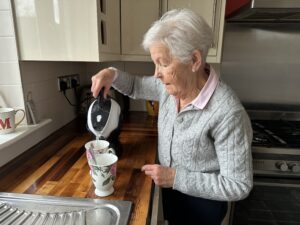
Mae loves the ease of her new routine. “It’s made things a lot simpler,” she said. “It pours smoothly, it’s light to handle, and I don’t have to worry about spills. I really like how steady it feels.”
And it’s caught other people’s attention too. “A visitor said he wanted to get one for his own mother,” Mae smiled. “That says a lot, doesn’t it?”
When Practical Support Feels Like Love
What makes this story special isn’t the product—it’s the act of caring. Michelle saw her mother getting older, and instead of stepping in to do everything for her, she found a way to help Mae hold onto her freedom.
It’s a reminder that aging doesn’t have to mean giving up independence, and that the right kind of support can empower the people we love, not limit them.
Sometimes the best way to care for someone isn’t through grand gestures. It’s by helping them hold onto the everyday routines that bring joy, pride, and comfort.
If someone in your life is finding daily tasks a little harder, there are ways to help them stay safe and independent. Learn more about practical solutions for aging with dignity here.




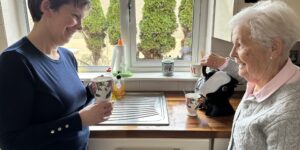


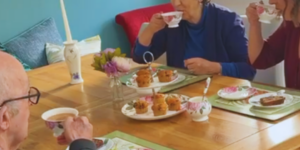
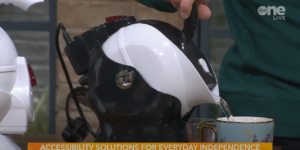

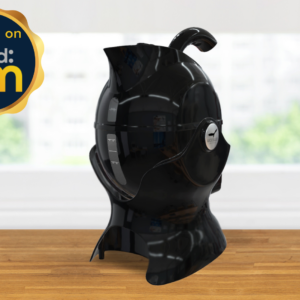
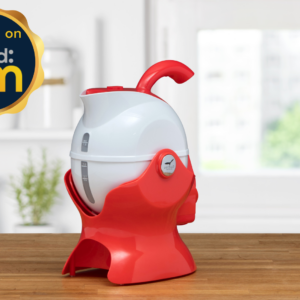
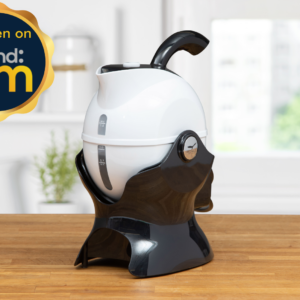

Leave a Comment